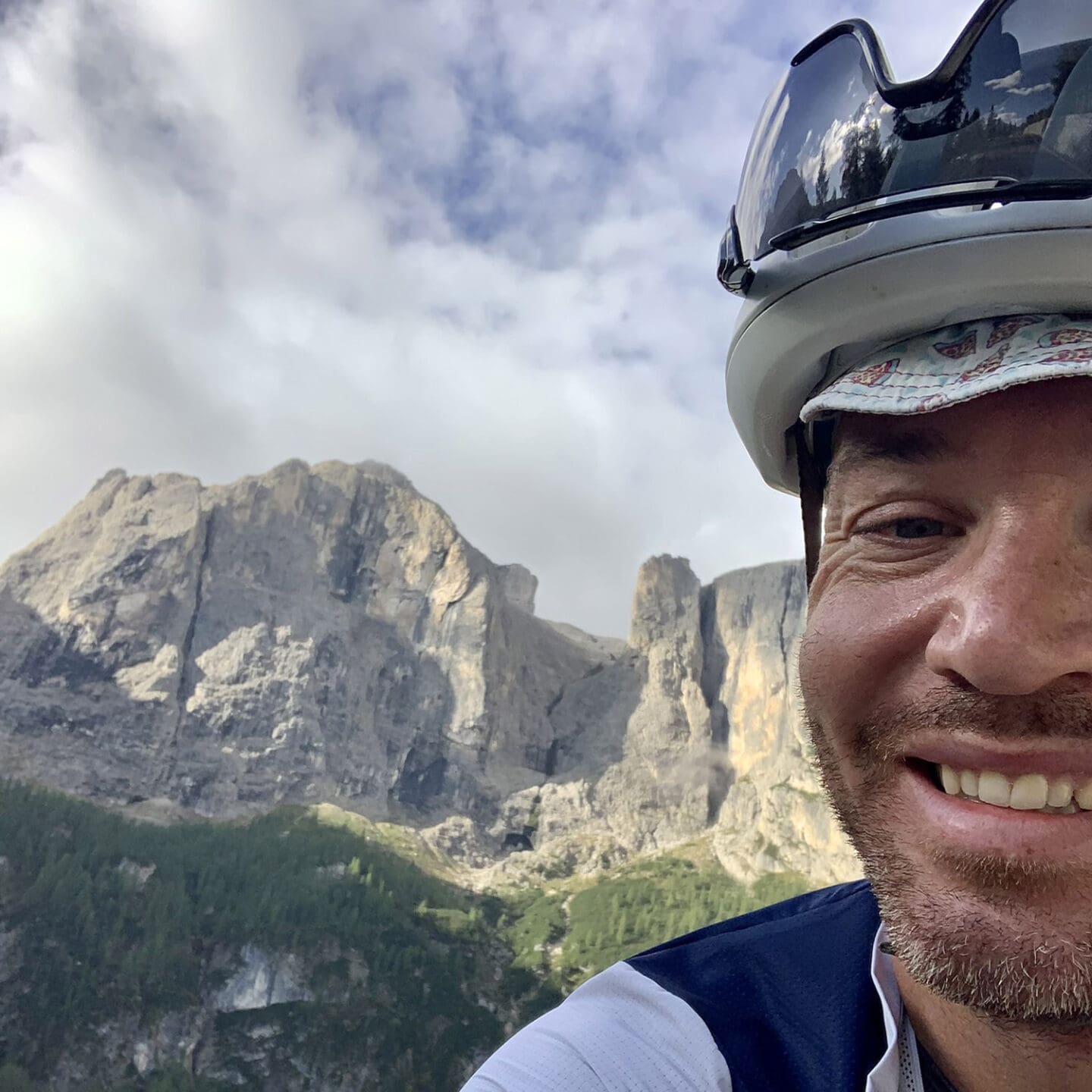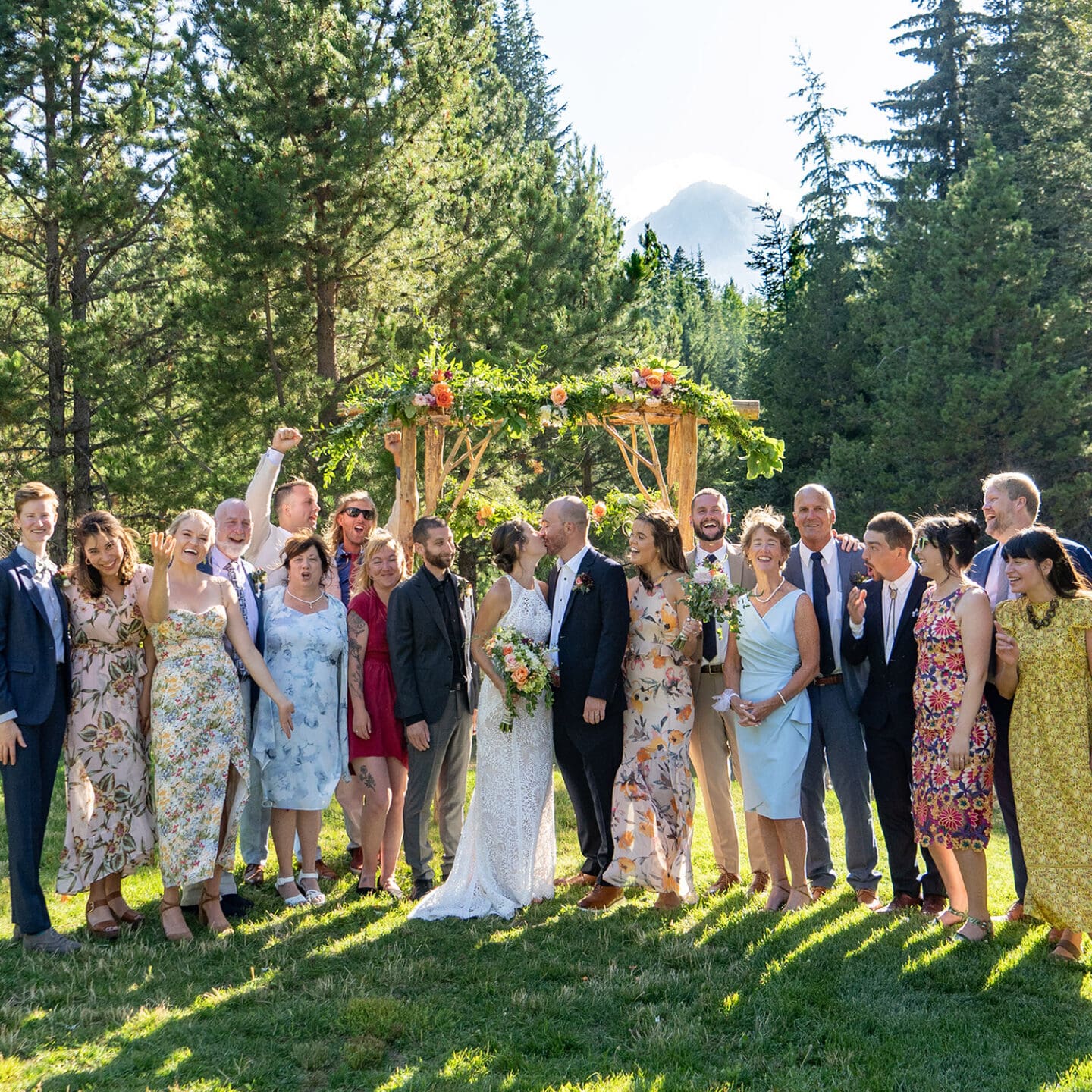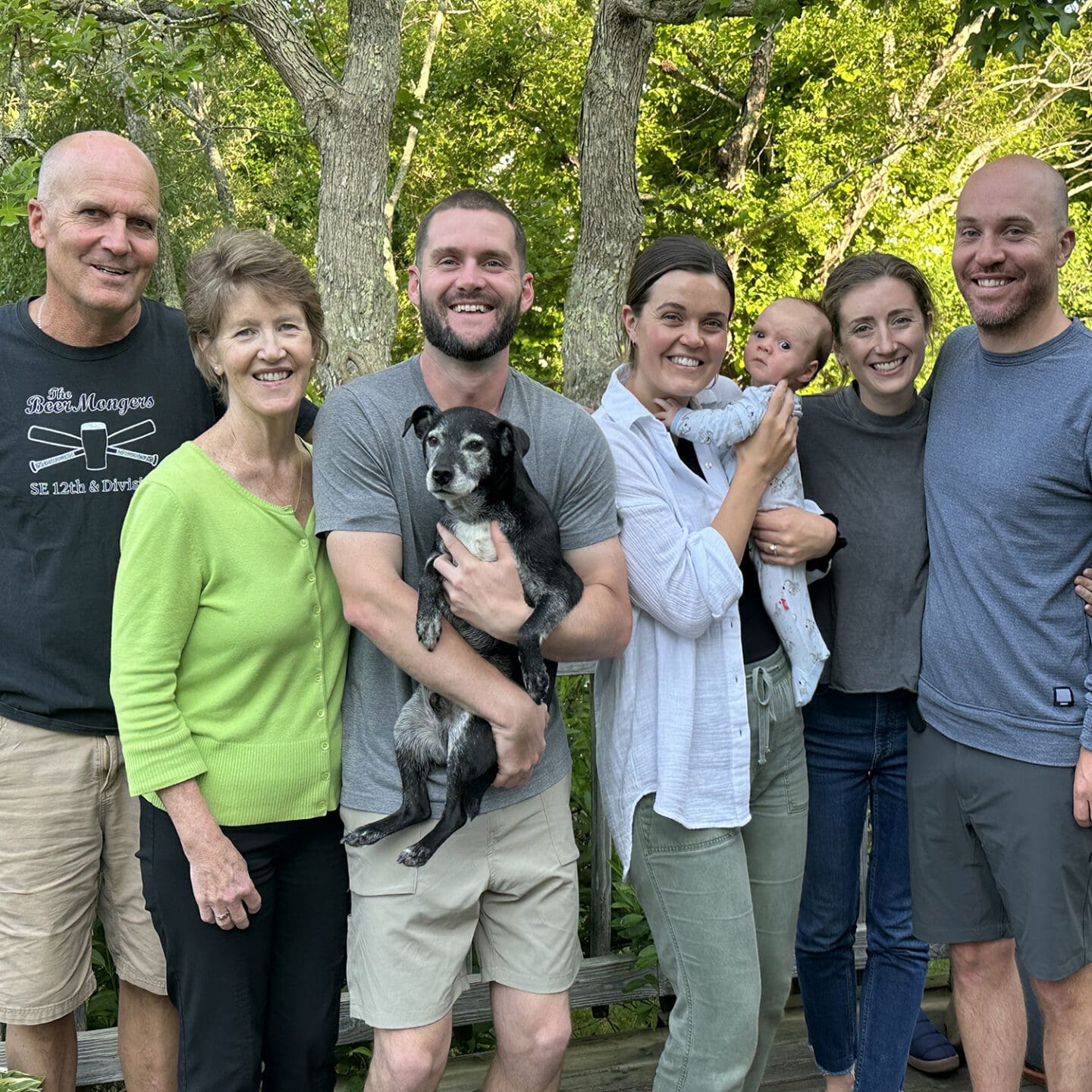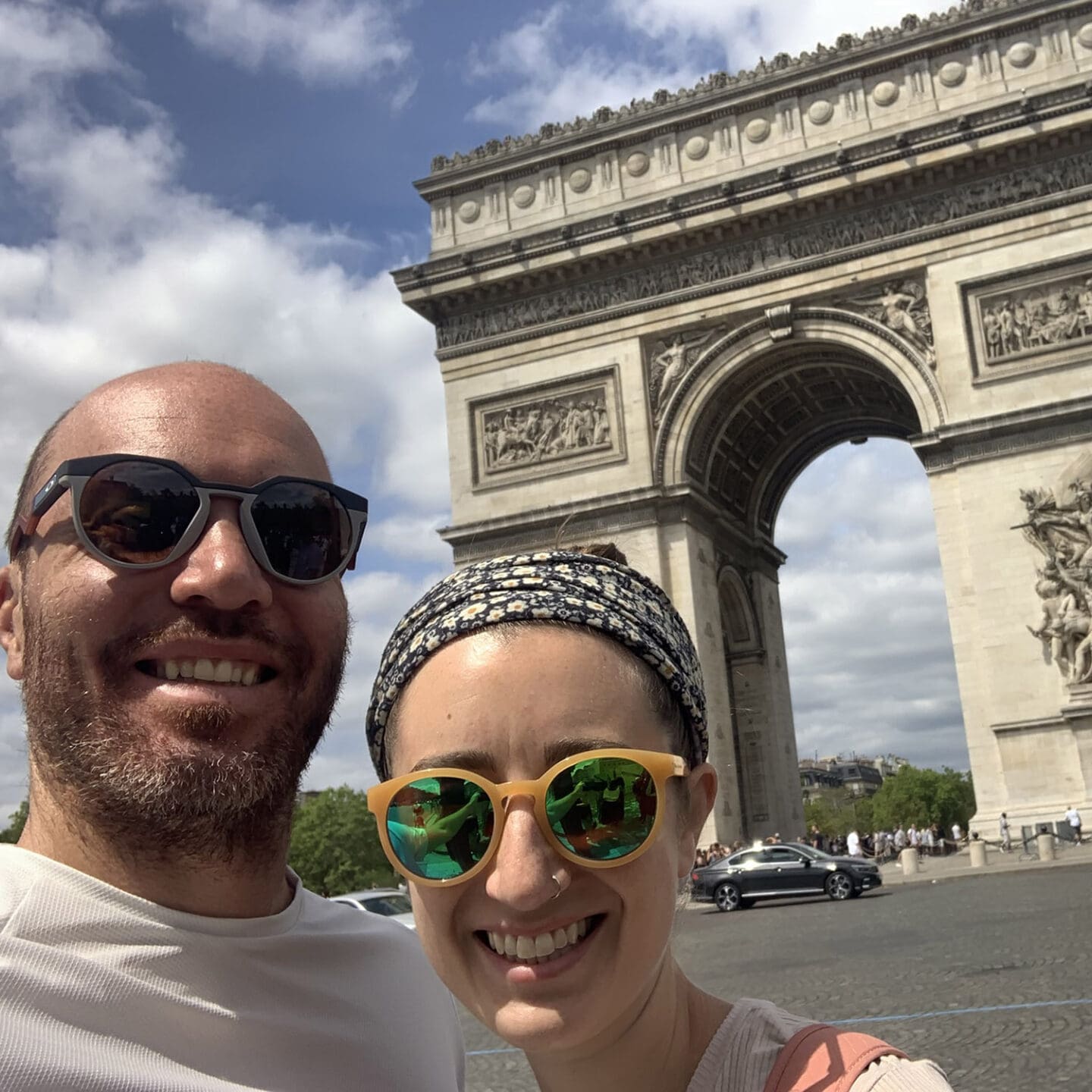“I believe that moving away from car dependency can lead to healthier, more connected communities and happier individuals.”
We’re an interconnected nationwide team, but we each have our own reasons for being passionate about the work we do. This month, get to know Nick Gross, senior planner in our Portland office.
What’s your background and how did you become a transportation professional?
I have a relatively unique path to becoming a transportation professional. I have a degree in Environmental Design from the University of Massachusetts Amherst, which fell within the school of Landscape Architecture and Regional Planning. I was drawn to sustainability, the built environment, and how people interact with space. These interests led me to study abroad in Berlin, DE and Copenhagen, DK which was primarily focused on architecture and urban design. During my study abroad, I was exposed to worldclass sustainable transportation culture and cycling infrastructure which ended up solidifying my career choice of transportation.
I also had a personal renaissance with cycling during college. It provided a sense of freedom and mobility, and it overlapped with my academic focus on sustainability. All of these combined experiences played a big role in my career direction. Of late, cycling has become my main hobby—from utilitarian commuting to adventure biking, it’s really become a significant part of my life, both personally and professionally. I just bought an e-bike!


What type of work are you most passionate about and why?
Not surprisingly, I’m most passionate about active transportation. My goal is to encourage and enable more people to choose healthy modes of transportation and make them more accessible and attractive, which requires making changes in infrastructure, culture, security, and safety. I believe that moving away from car dependency can lead to healthier, more connected communities and happier individuals. When you make trips by car, you are less connected to your surroundings, your neighbors, your community, and where you live, your environment.
What do you think are the most important skills for a transportation planner to have?
I think the most important skills for a transportation planner are people skills. People skills are essential because planners are on the ground in the communities. We work in and need to be able to effectively manage varying perspectives. At the end of the day, planners are storytellers and visionaries. We’re facilitating a process and bringing varying perspectives into consideration to reach consensus.


What steps have you taken to build a strong foundation and professional network?
Throughout my time in the industry, I’ve participated in professional organizations, volunteered, and sat on several boards. I’ve maintained visibility at conferences and summits, notably with the American Council of Engineering Companies (ACEC) and local groups like The Street Trust; and I’ve served as a friend of the Transportation Research Board (TRB) Bicycle committee, reviewing papers since joining Kittelson. I also try to stay engaged in community volunteering, mostly as it relates to cycling, which may not be directly related to work, but it has facilitated connections with industry professionals and clients. These activities have not only helped me stay connected to my local community, but also to the broader transportation industry, and they’ve helped me build strong relationships inside and outside of the firm.
What excites you most about the future of transportation?
I’m most excited about active transportation becoming more of a societal trend, driven by necessity due to climate impacts (which is both exciting and concerning). This includes the E-bike boom, which has enabled more people to ride bikes, including those who previously faced barriers such as distance or terrain challenges, and the potential for new, clean-powered mobility devices to emerge in the future. Being around our interns this summer also gets me excited about the future of transportation—they’re so energized and enthusiastic and ready to take over the world of transportation. I have a lot of confidence in their approaches, and their morals align with climate resiliency and the things we need to face. I can’t help but be excited about the future and the people who are interested in this career.
